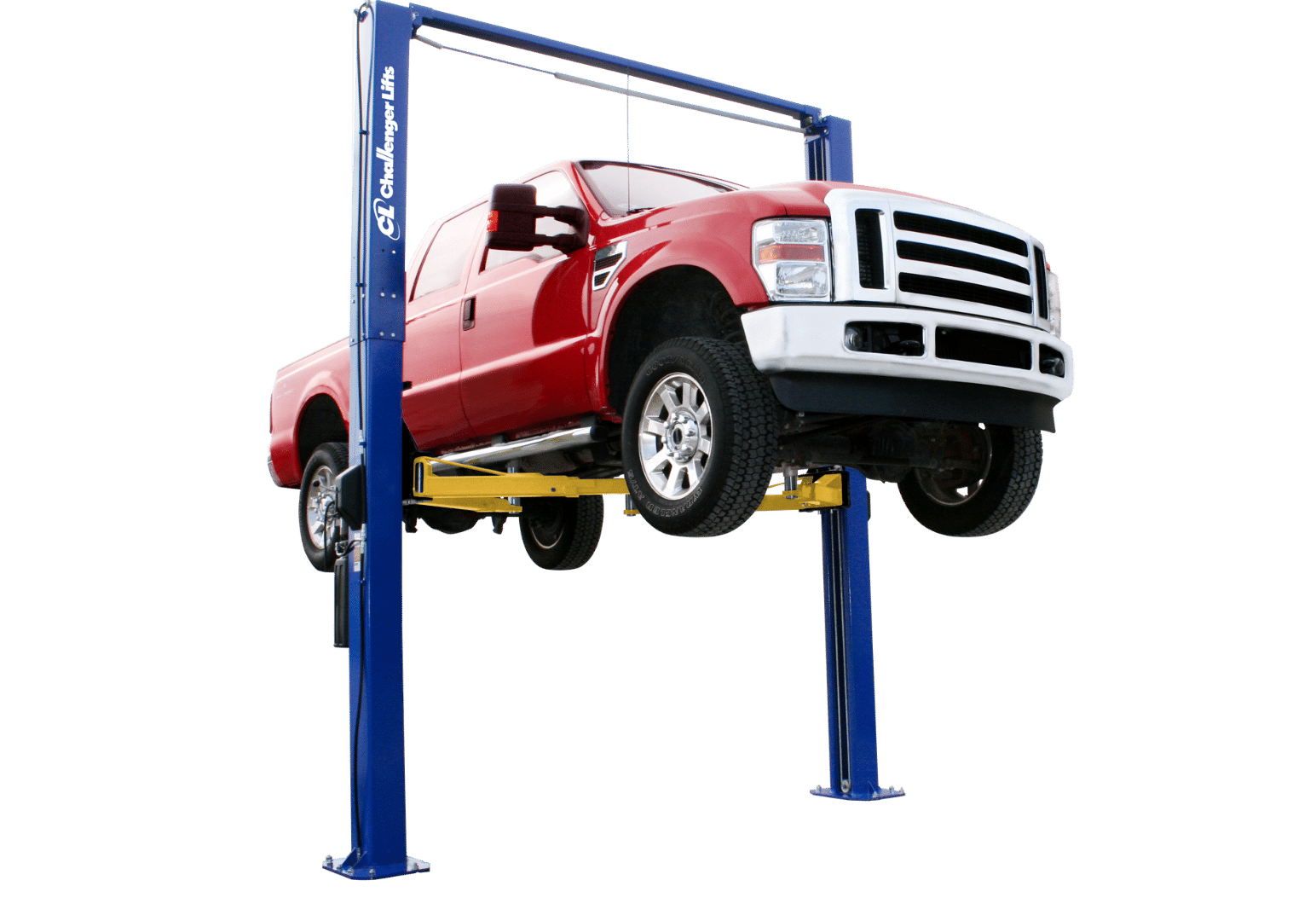CT car dealers push back on ‘Tesla bill’

Figures in the state’s car dealership industry are once again taking aim at a bill that would permit electric vehicle manufacturers to sell their cars directly to consumers, arguing the proposal will result in fewer protections for buyers and undercut local businesses.
The bill, known as SB 127, is the latest in a series of attempts to at least partially roll back some aspects of the state’s dealer franchise law, which requires car companies to sell through franchised dealers. Lawmakers put forward a direct sales proposal every year between 2015 and 2019, but each time it stalled in the General Assembly.
Within Connecticut’s car dealership sector, the reappearing legislation has come to be known as the “Tesla bill,” after California-based electric vehicle maker Tesla Inc. Tesla has backed similar legislation in states throughout the country in an effort to expand its direct sales model and, as the world’s largest electric car manufacturer, would presumably be the main beneficiary of those reforms.
Chip Gengras, president of East Hartford-based Gengras Motor Cars, said the dealership model offers buyers important safeguards, even if most don’t realize it.
“The average consumer benefits from having an advocate when something goes wrong,” Gengras said. “When there’s an issue, or there’s a recall, there’s already the infrastructure in place to fix those problems. If you’re relying on two or three galleries, it could take up to a year to do that.”
Gengras said his concerns go beyond just Tesla to those who might seek to exploit a future direct sales system.
“What is to prevent anyone from making and selling electric cars directly?” he asked rhetorically. “They sell it and if it breaks, they just hit the road and go somewhere else.”
Tim Parker, vice president of New Country Motor Cars, pointed to the financial benefits dealerships bring to their communities.
“We pay a lot of taxes and we support a lot of local businesses — printing, landscaping, parts suppliers, caterers,” Parker said. “We’ve had these relationships for years. There’s a knock-on effect.”
Elliot Matos, an employee at Hoffman Automotive, echoed that point.
“Something to bear in mind is that this will funnel Connecticut dollars out of the state to California,” Matos said. “It doesn’t go back into the community.”
Gengras, Matos, and Parker acknowledged that electric vehicles represent the future of the industry but said many car makers, not just Tesla, have made huge investments in electric energy.
They also pointed out that Tesla makes proprietary charges, in contrast to most other major auto manufacturers, who have settled on universal technology for their electric products.
“If they wanted to drive environmental changes, they wouldn’t have proprietary chargers,” Gengras said.
In written testimony submitted in support of SB 127, Zachary Kahn, a senior policy advisor at Tesla, said selling directly “gives the company the best chance to succeed in overcoming barriers to adoption of electric vehicles” and argued that Tesla itself, not an intermediary, is best suited to explain the benefits of electric power to customers.
Kahn also pointed out that, despite Connecticut’s ban on direct sales, Tesla has still invested heavily in the state, building 23 charger stations and currently planning for five more.
“Connecticut has made [electric vehicle] adoption a priority and SB 127 supports this same goal without impacting the state’s budget, other than through additional tax revenue and job creation,” he wrote. “This bill is good for Connecticut consumers, good for the environment and good for the local economy.”








